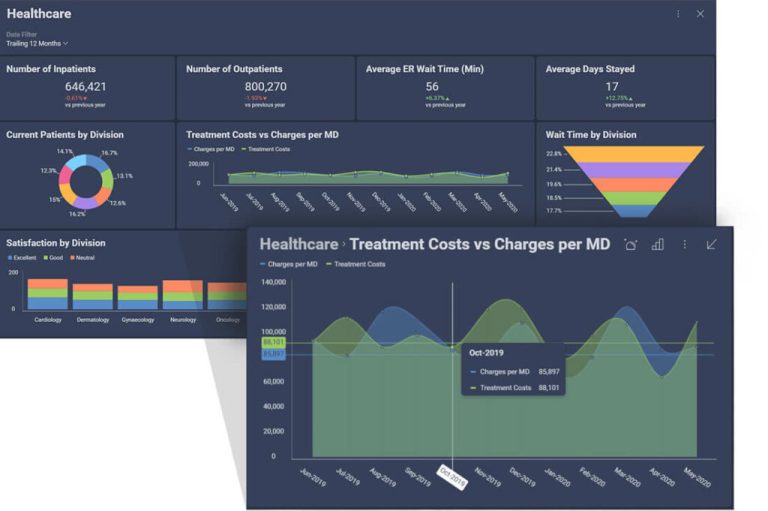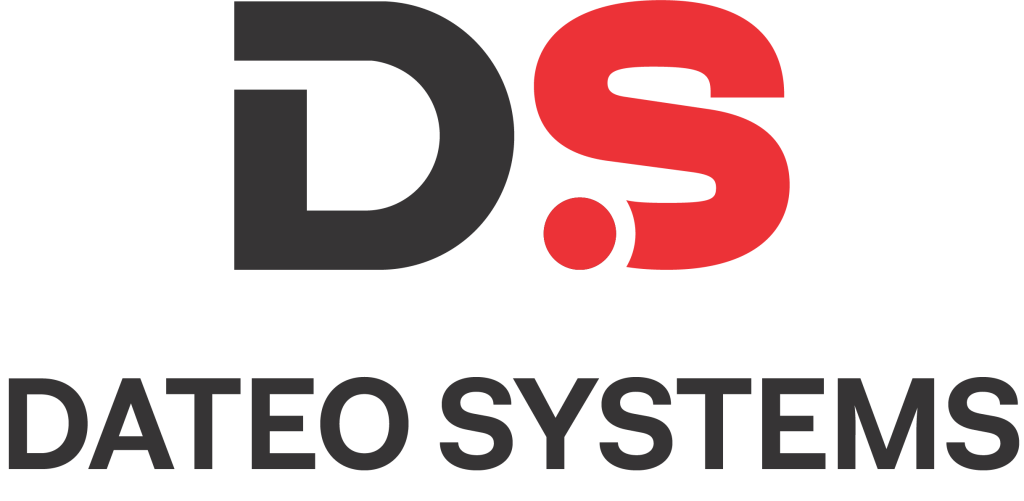Understanding Cybersecurity Isn’t Optional Anymore
Every day, businesses across industries experience disruptions not because of poor products or weak marketing—but because of invisible, preventable threats lurking inside their own networks. These threats don’t always announce themselves with flashing warnings. Sometimes they sit quietly for months, collecting sensitive information or waiting for the right moment to strike. This is exactly why a cybersecurity risk assessment isn’t just a precaution—it’s a necessity.
A cybersecurity risk assessment is the process of identifying where your systems are vulnerable, what’s at stake if those vulnerabilities are exploited, and how to fix them before damage is done. It’s not about creating fear or selling expensive software—it’s about gaining visibility and control over the security of your digital environment. Whether you’re a local business owner, the head of an IT department, or an executive at a growing startup, this step could determine whether your business thrives—or becomes tomorrow’s data breach headline.
Cyber Threats Aren’t Just for Large Enterprises
There’s a dangerous myth that only large enterprises need advanced cyber protection. The reality? Small and medium-sized businesses are just as attractive to cybercriminals—if not more so. Hackers often target smaller companies specifically because they assume defenses will be weaker, response times slower, and data more easily accessed. Yet many of these businesses operate under the illusion that their size shields them from risk. This mindset leads to underinvestment in cyber protection and a lack of urgency around vulnerability assessments.
A proper business cyber risk analysis doesn’t just help identify the likelihood of attack—it maps out the exact weak spots across systems, software, user behavior, and third-party integrations. This gives decision-makers a clear picture of their true exposure and allows for smarter, prioritized investments in protection.
A Cybersecurity Risk Assessment is Your Business’s Safety Net
Imagine running your business every day without knowing whether your customer data is safe, whether your remote employees are exposing sensitive files, or whether a hidden vulnerability is sitting on your servers right now. That’s what operating without a cybersecurity assessment feels like. It’s working in the dark.
An eective cybersecurity risk assessment brings light to the blind spots you didn’t know existed. It uncovers hidden flaws in outdated firewalls, identifies users with unnecessary administrative access, flags risky configurations, and evaluates whether your current tools are actually protecting you—or just giving you a false sense of security. This process doesn’t just help protect against breaches. It helps prepare your business to respond eectively when issues arise, minimizing damage and recovery time.
Cyber Risk Isn’t Just Technical—It’s Financial and Reputational
Too many businesses approach cybersecurity as a technical task rather than a business- critical function. But a security breach rarely stays confined to the IT department. The financial cost of downtime, lost data, and recovery can quickly spiral out of control. Even more damaging is the reputational hit—especially for businesses that handle customer information, financial data, or proprietary intellectual property.
A thorough cybersecurity risk assessment gives business leaders a roadmap to prevent these outcomes. It highlights the actual dollar value of potential risks and allows executives to weigh the cost of prevention against the much greater cost of inaction. For companies bound by compliance regulations—like healthcare, finance, or education—it also helps avoid steep fines and penalties by ensuring you meet data security standards.
Cybersecurity Is a Moving Target—So Is Risk
Cyber threats evolve constantly. A system that seemed secure a year ago might be filled with holes today. That’s why one of the most important things a cybersecurity risk assessment can reveal is whether your current security strategy is still relevant. Security isn’t something you set up once and forget. It’s an ongoing responsibility. Businesses that understand this are more likely to stay protected not just from today’s threats, but tomorrow’s as well.
Risk assessments help keep your defense aligned with emerging threats. They enable you to identify trends in cyber attacks that may aect your industry or geography. They also ensure that when new technologies or services are introduced to your stack—whether it’s a cloud migration, a new CRM, or IoT devices—you’re not opening doors you didn’t mean to open.
A Proactive Approach Always Beats Damage Control
Waiting until after an incident to take cybersecurity seriously is like installing a smoke detector after the fire. The value of a cybersecurity risk assessment lies in its timing—before something happens. By proactively identifying and fixing gaps in your defenses, you significantly reduce the odds of a successful attack and increase your chances of fast recovery if one occurs.
More importantly, assessments give you peace of mind. Knowing where your weak points are —and that you’re taking steps to strengthen them—frees you up to focus on growing your business instead of constantly watching your back.
Final Thoughts: Know Your Risks Before They Know You
Cybersecurity isn’t just about tools. It’s about awareness, strategy, and resilience. And it starts with one question: Do you know where your business is vulnerable?
If you can’t answer that with certainty, it’s time for a cybersecurity risk assessment. Not because someone told you it’s important, but because your data, your customers, your operations, and your future deserve better than blind trust.
At Dateo, we help businesses of all sizes get clear on their risks and take practical, powerful steps to close the gaps. Don’t wait for a wake-up call. Start protecting what matters—starting today.






